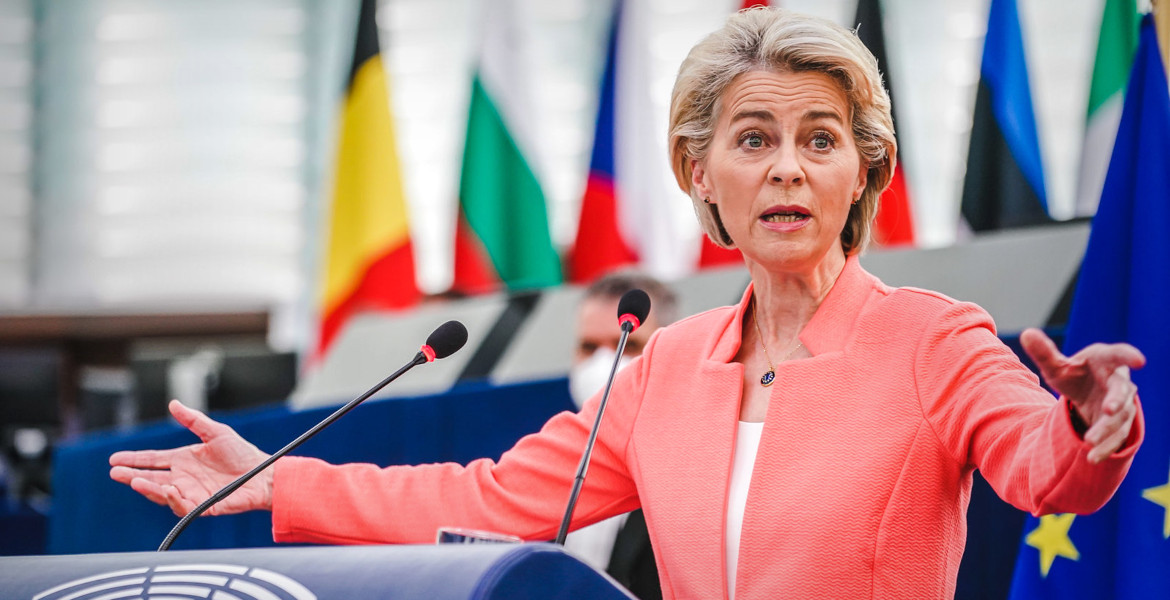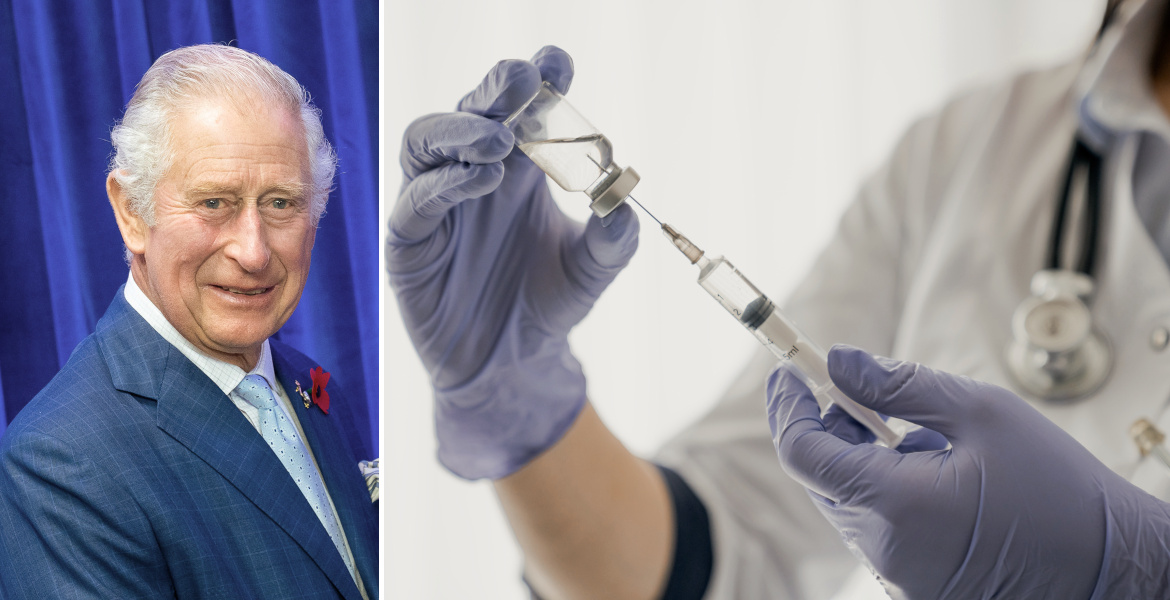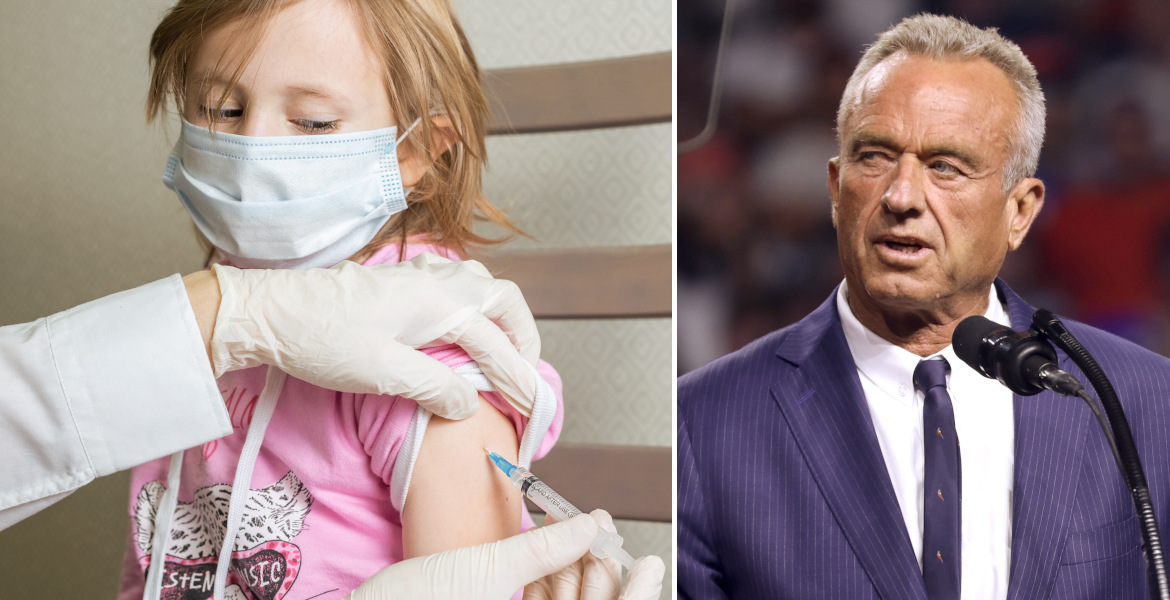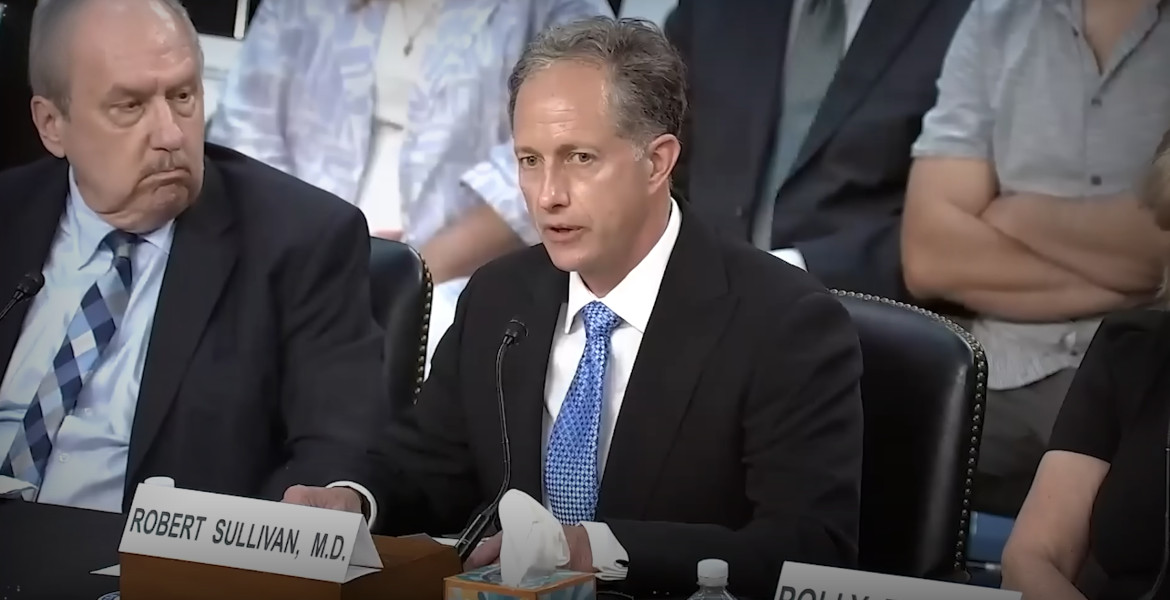EU Commission President Ursula von der Leyen's handling of secret text messages with Pfizer CEO Albert Bourla is now under scrutiny in a court case that threatens to destroy her political legacy and further erode confidence in the EU's decision-making process.
Tomorrow, the EU General Court will rule on whether the European Commission broke the law by refusing to release text messages exchanged between von der Leyen and Bourla during negotiations on a controversial COVID-19 vaccine deal worth billions.
The ruling is expected to further undermine confidence in von der Leyen's leadership, which is already heavily criticized for its abuse of power and centralization of decision-making. Among other things, the case concerns whether text messages should be classified as official documents and thus subject to EU transparency rules.
The case was initiated by The New York Times and its former Brussels correspondent, who took the matter to court after the Commission's decision to refuse to publish the text messages in 2022.
In an interview with the NYT in 2021, Bourla revealed that he and von der Leyen had built up a "deep trust" through their text message negotiations. The agreement, which was concluded in May 2021, meant that the EU purchased up to 1.8 billion doses of Pfizer-BioNTech's COVID vaccine – the largest single vaccine purchase during the COVID crisis.
– This court ruling could mark a turning point for transparency in the EU. When it comes to key decisions, particularly those affecting public health, secrecy should be avoided, said Shari Hinds, EU policy director at Transparency International.
"The elephant who wasn’t in the room"
In 2022, EU Ombudsman Emily O'Reilly (2013–2025) ruled that the Commission had committed serious administrative errors by not even searching for the text messages. She called it a "wake-up call" for the EU institutions and said that transparency had declined during von der Leyen's tenure.
– Information is being held back for political reasons and that culture comes from the top, O'Reilly told Politico in 2023, also criticizing von der Leyen's absence during the trial:
– The elephant who wasn’t in the room. The one person who could tell us everything wasn’t there.
The European Commission has repeatedly refused to comment on the case, but an official claimed at a press conference that the vaccine agreements were negotiated with the full support of the member states.
“Transparency must be a priority”
The court has previously criticized the Commission's censorship of the vaccine contracts, large parts of which have been classified as confidential on the grounds of commercial interests.
Tilly Metz, a Green MEP, was one of many who soon wondered who or what was behind von der Leyen's reluctance to share the information.
– She gets bad advice there. If you want the public to be confident and trust the politicians and what they do – and the contacts they do with industry – you have to put the focus on transparency.
This week will test the strength of EU institutions — especially the European Court of Justice — in the case of Ursula von der Leyen’s secret #Pfizer texts, and what Member States will do if it’s proven she withheld key information. If Ursula von der Leyen stays in office with… https://t.co/sxnuHEuvVX
— Dr. Ghazi Ben Ahmed (@Gbaghazi) May 12, 2025
"Confused" dossier
During a hearing in November 2023, judges expressed skepticism about the Commission's refusal to hand over the text messages. When the Commission's lawyers finally acknowledged that the messages existed, they were met with laughter in the courtroom.
– We do not deny that they exist, said Commission lawyer Paolo Stancanelli during the hearing. He defended the Commission's actions by arguing that the text messages were not relevant to the contract negotiations – a claim that the judges sharply questioned.
One judge, José Martín y Pérez de Nanclares, ruled that the Commission had not taken "adequate and diligent measures" to justify the secrecy, while another, Paul Nihoul, criticized the "relatively confused" dossier.
The pressure on von der Leyen is increasing further through an investigation by the European Public Prosecutor's Office (EPPO), which is looking into how the vaccine purchases were handled. In March, EPPO chief Laura Codruța Kövesi also confirmed that Commission officials had been questioned.
The EPPO is refraining from commenting on ongoing investigations, but the case risks further increasing mistrust in von der Leyen's leadership and is expected to make it even more difficult for her to hold together an already deeply divided EU alliance.






